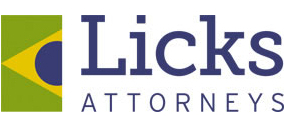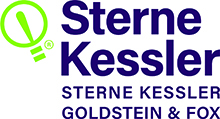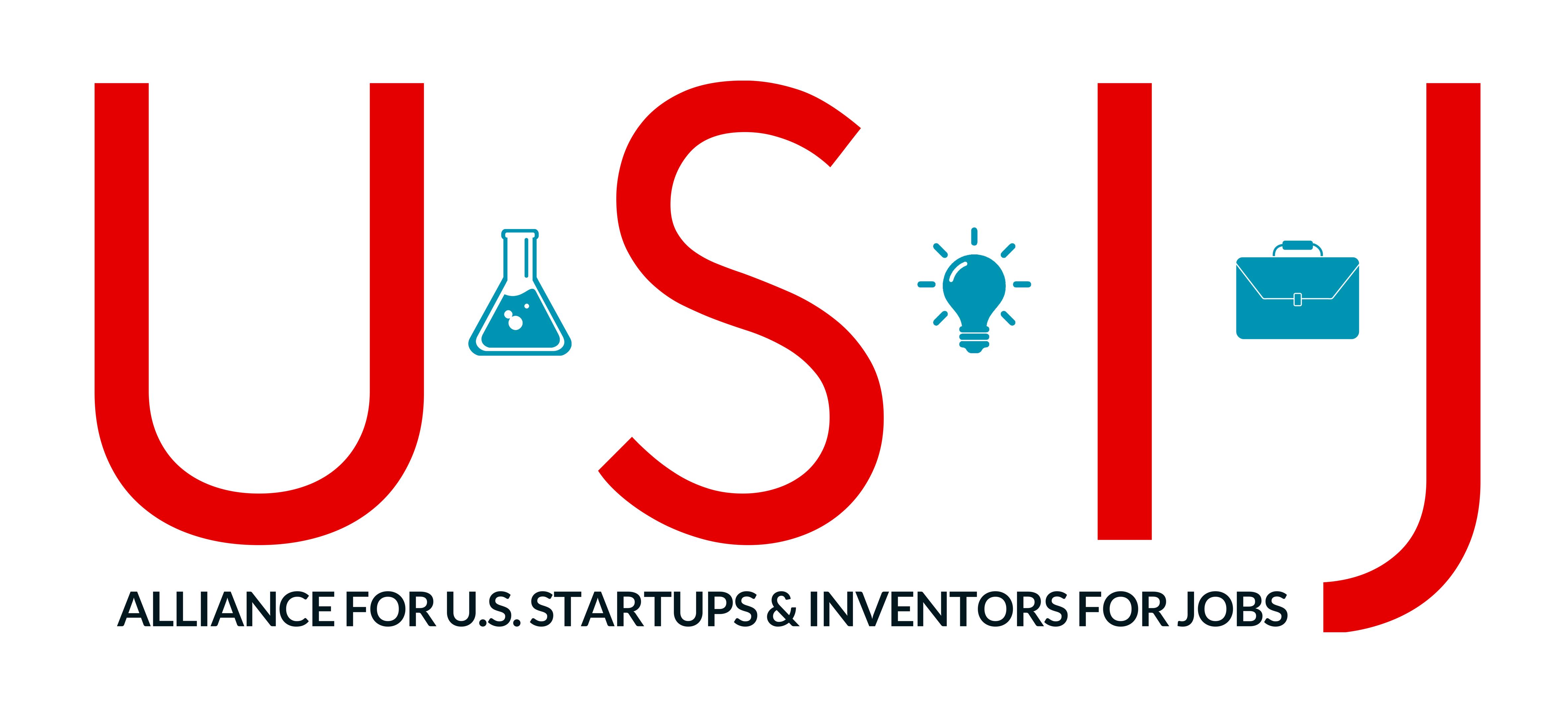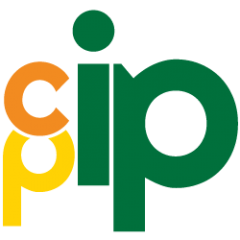
Location:
Covington
One City Center
850 Tenth Street, NW
Washington, DC
Please join us at The Sedona Conference’s Patent Conference (Part 2): Promoting Invention, Entrepreneurship, Economic Growth, and Job Creation on Friday, June 28, 2019 in Washington, D.C. at the offices of Covington, One City Center, 850 Tenth Street, N.W.
This conference will continue the dialogue from the conference held on January 17, 2019, to consider how well the United States patent system is working to foster invention, job creation, industrial competitiveness, wealth creation, and strategic strength in the U.S.A. This will be a diverse assembly of thought leaders in patent law engaging in a constructive dialogue, not debate, to explore the present inefficiencies in the U.S. patent system in an effort to develop consensus solutions that will benefit all stakeholders.
Co-chairs Rob Sterne and Chief Judge Paul Michel (ret.) and a very distinguished group of dialogue leaders will lead all participants in a dialogue on the following topics: patent eligible subject matter, standard essential patents and the New Madison approach to antitrust enforcement, and the availability of preliminary and permanent injunctions.
The dialogue on statutory subject matter will be divided in two parts. First, we will address Bilski & Alice and abstract ideas and explore the challenges of the Supreme Court’s eligibility decisions on the patentability of computer-implemented inventions. Second, we will address Mayo & Myriad and laws of nature and explore the impact on investments in research and development in the health sciences.
The dialogue on standard essential patents and antitrust will be divided in two parts. First, Andrei Iancu, Under Secretary of Commerce for Intellectual Property and Director of the United States Patent and Trademark Office, Makan Delrahim, Assistant Attorney General for the Antitrust Division of the U.S. Department of Justice, FTC Commissioner Noah Joshua Phillips, and FTC Commissioner Rebecca Kelly Slaughter will engage in a dialogue about antitrust enforcement and the issues to be addressed at the intersection of intellectual property rights and competition laws. Second, we will address the economic forces at work at the intersection of the patent laws and competition laws in the context of standard essential patents and FRAND obligations.
Our last session will address the issues surrounding the availability of preliminary and permanent injunctive relief for patent infringement in the United States, in contrast to the availability of injunctive relief for patent infringement in Germany and China.
Finally, we will present The Sedona Conference Lifetime Achievement Award for Contributions to Intellectual Property to a most deserving recipient.
We hope you will join us for this important conference in Washington, D.C. on June 28, 2019!







